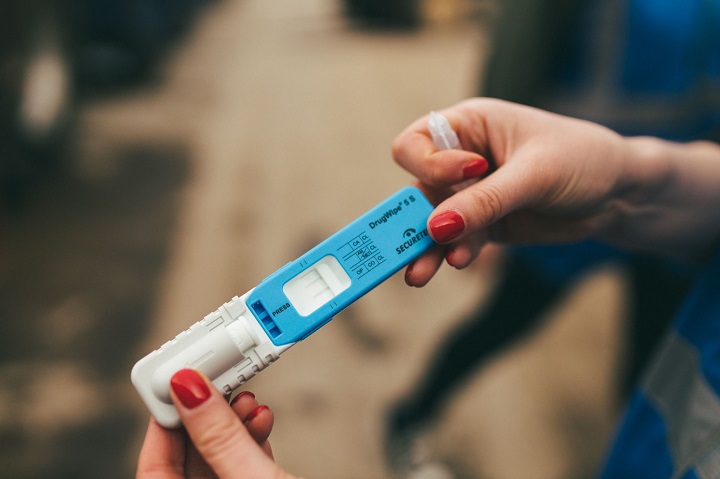
Image: D.tec International
A nationwide crackdown on drink and drug driving, which will see all 43 UK police forces increase efforts to offenders, gets underway today.
Operation Limit is a six-week long campaign timed to coincide with the World Cup and Christmas period.
It is being coordinated by the National Police Chiefs’ Council (NPCC) and National Roads Policing Operations and Intelligence (NRPOII).
The overarching objective is to reduce serious injury and death and disrupt criminal activity on the UK road network by targeting those who engage in high-harm behaviour, specifically driving a vehicle whilst under the influence of drink and or drugs.
The initiative comes as statistics recently released by the Ministry of Justice (MOJ) indicate that 206 drug and drink driving offences are committed every day in England and Wales – a total of 75,159 a year.
The newly published data also highlights that convictions for drug driving have more than trebled over the past five years from 7,683 in 2017, to 27,962 by the end of 2021.
There has also been a 13% growth in drink driving cases in the past year, with 33,742 motorists appearing in court in 2021.
The campaign is being supported by D.tec International, the firm which supplies drug driver testing equipment to every police force in England, Wales and Scotland.
Ean Lewin, managing director of D.tec International, said: “It is expected that statistics for 2022, which will not be available until midway through next year, will show that drug driving is now more prevalent in society than drink driving.
“In our role working with all 43 police forces, we get to see the enthusiasm of the front line in trying dangers and harm caused by the selfish and irresponsible act of driving under the influence to minimise the dangers and harm caused by the selfish and irresponsible act of driving under the influence.
“I have spent 26 years tirelessly working to improve safety on our roads and applaud this nationwide effort and particularly the emphasis being placed around the need to capture accurate data which is vital to highlight the magnitude of the problem and convince police and crime commissioners and the government to better support roads policing.”
Comment on this story